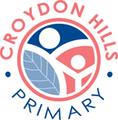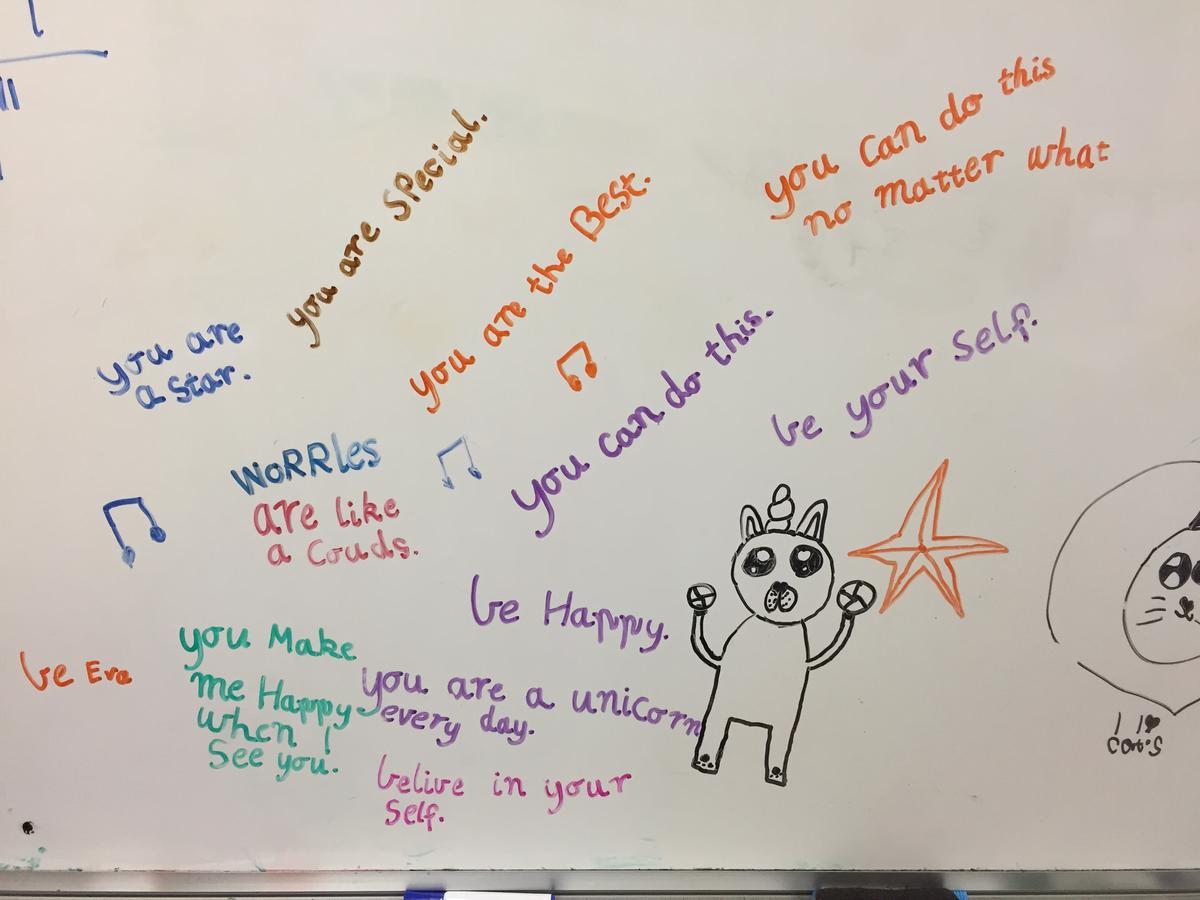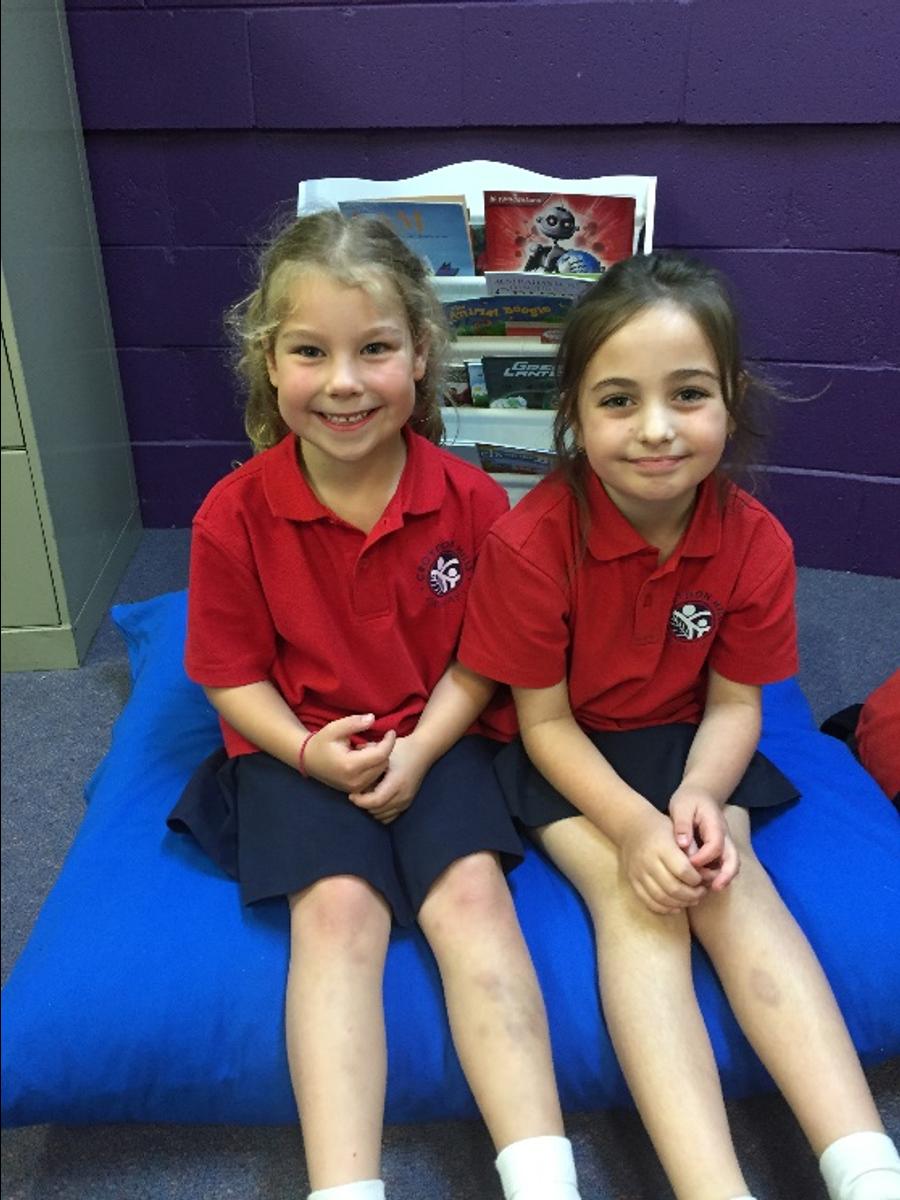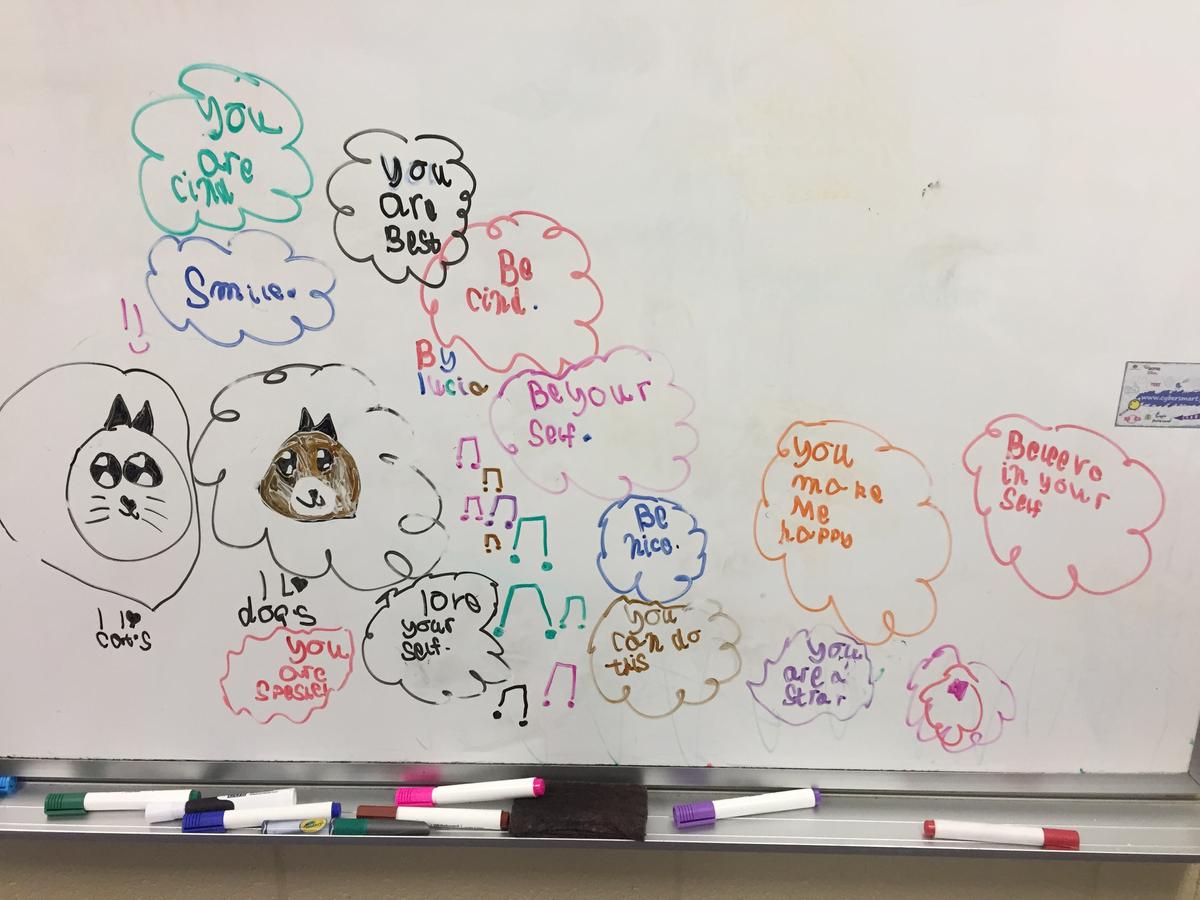Weekly Wellbeing
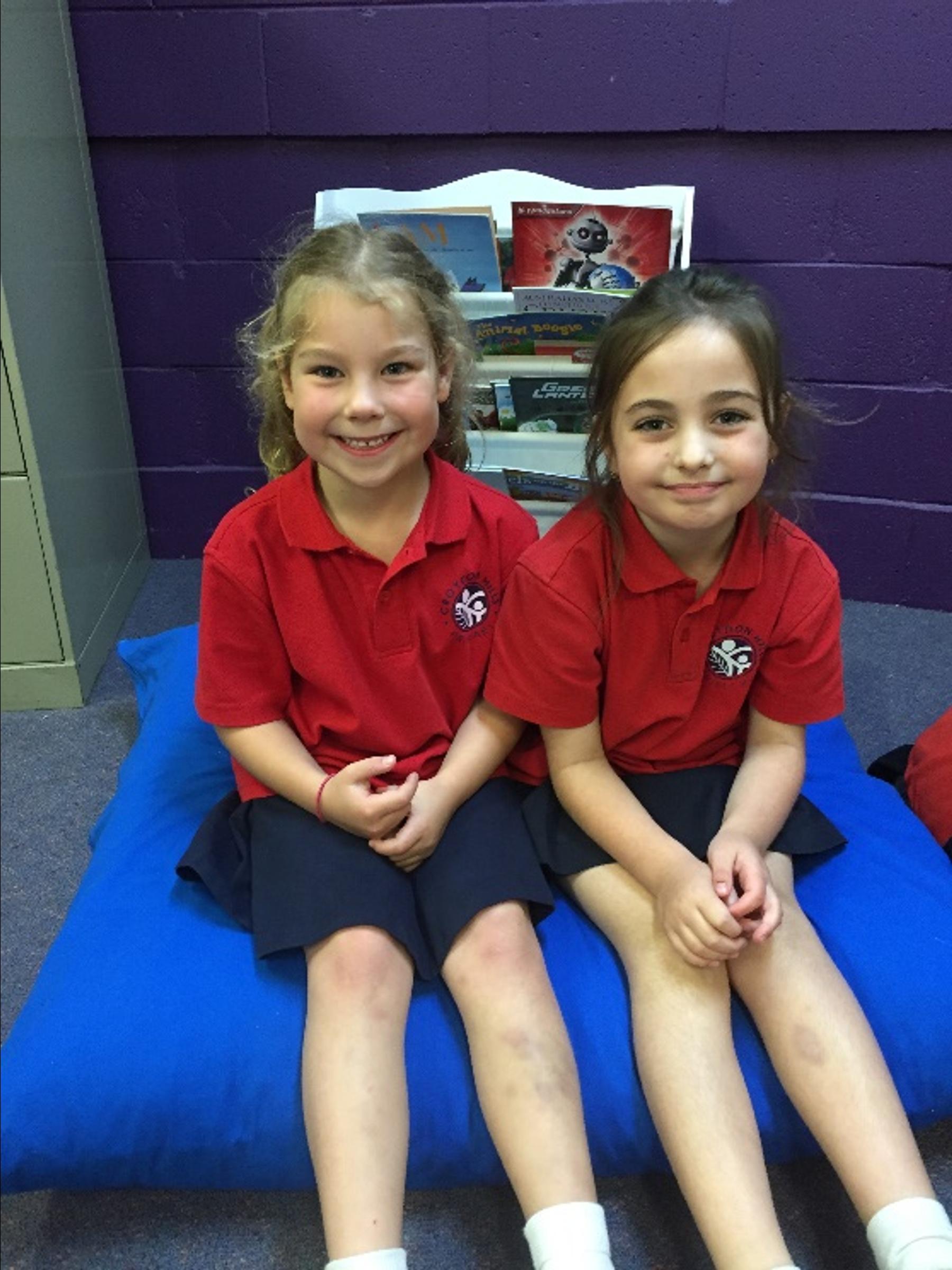
Hope
Over my 25 year career (yes, I am old!), people often ask me why I do the job that I do. They comment that they wouldn’t like it because listening to people’s struggles and challenges would be depressing. Throughout the years, my reply has always been the same. I feel privileged that children and their parents/guardians want to talk to me and love my job because I feel that I am able to instil a sense of hope in people when they feel that all hope is lost. There is always something that can be tried to make a situation better, always a new strategy, mindset, or support service that can help. Giving hope to others is what gets me up in the morning.
There is now much being explored in relation ‘hope’, what it means and how it works. Turns out, it is much more than a ‘pipe dream’ or a ‘wish’. A study in 2016 examined 7 adaptability factors and demonstrated that hope was the only characteristic (ahead of strengths use, grit and control beliefs) that prospectively predicted resilience, especially in response to uncertainty (Goodman, Disabato, Kashdan, & Machell, 2016). To help define hope, the late Rick Synder and Shane Lopez came up with this equation:
WillPower (belief in ability to affect change) + WayPower (capacity to move towards goals) = HOPE.
In her research, Rachel Colla, Speaker, Facilitator, Consultant, Teaching Specialist and Coach Specialising in Optimal Performance and Wellbeing, is currently exploring more about this and adding ‘WhyPower’ and ‘WhoPower’ (Colla. R (2020). Hope is not a strategy......or is it? Evidence suggests it might be one of the most important strategies in a global crisis! https://www.linkedin.com/pulse/hope-strategyor-evidence-suggests-might-one-most-important-colla/. Accessed 8/3/2021).
The other good thing to be discovered is that hope can be developed! You know those people (I am one of them!) who are just naturally hopeful and sometimes border on ‘annoying’ because they just seem so upbeat. Well that is because it is a part of their personality, but hope can also occur in situations and different areas of expertise in our lives. As per Rachel’s article (I strongly recommend that you click on the link and read it), hope is associated with positive problem solving, wellbeing and vitality, motivation and physical health.
So what does that mean for us, as adults in the lives of children? It means we model it! We model a growth mindset, we model a hopeful attitude, we engage in problem solving WITH our children and not FOR them, so that they gain the necessary skills to navigate lots of different circumstances in their lives. One of Edwina Ricci’s sayings is ‘we can’t know the paths that people will encounter in their lives, but we can give them the necessary tools, so that they can be equipped to navigate them’.
The staff, Aides, Mia and myself spend a lot of time assisting children to add to their ‘toolboxes’ and look forward to continuing to partner with you as you do the same. Enjoy your week.
Julie Reid, on behalf of the Wellbeing team
Thanks Lucia and Eva for your smiles, hopeful mindsets and creative whiteboard artwork. The Wellbeing Space is richer for it!
